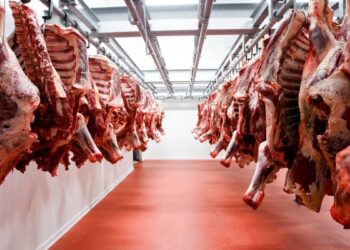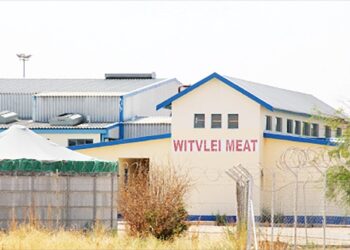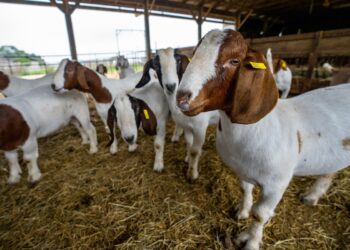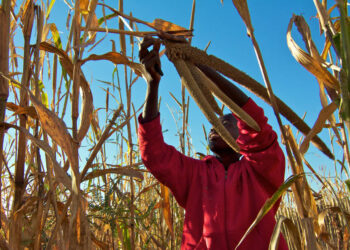
Farmers in the country say escalating input costs continue to weigh negatively on their production and called for the government’s intervention to ease challenges faced by the sector.
Speaking during the recently held Bank of Namibia’s 24th Annual Symposium, the Minister of Labour, Industrial Relations and Employment Creation, Utoni Nujoma, highlighted the critical importance of addressing the burdensome input costs that are taking a toll on farmers across the nation.
He emphasised the need for government intervention to alleviate the financial strain on those engaged in agriculture, which is a vital component of Namibia’s economy.
“I was thinking of our green schemes. We have green schemes around the country. And I was thinking about agriculture … as a farmer…and most Namibians, even my friend here from the trade union, is a farmer. That’s why he was talking to the Governor. And I think the problem here, Namibia is one of the highest countries in Africa, and farming is not a joke. It is very difficult,” Nujoma said.
He further explained that the costs include expenses associated with sourcing materials for animals, such as feed for livestock.
“Now for most farmers here, the most difficult thing is the input cost. Input cost. We have to source material for our animals, and then it is very expensive. Just look at if you want to raise some chickens or goats. You need to feed these animals,” he elaborated.
The rising cost of feed and other essential inputs for agriculture has put a significant financial strain on farmers.
He further emphasized the importance of focusing on crops that are crucial for animal feed, such as lucerne, and providing subsidies to ensure their production.
This comes as Agriculture has been poised to lead the transformation of Namibia’s economy.
The Governor of the Bank Of Namibia, Johannes !Gawaxab, told the conference that diversification is key in the agricultural sector in order to transform the rural economy and make it more profitable.
The Governor said farmers should shift from subsistence farming to increase productivity.
According to !Gawaxab, agriculture plays an important role in the rural economy with about 70% of the population depending on the sector for employment opportunities and food security.
He said agriculture is an important aspect to consider when speaking about changing the rural economy of Namibia.
The statistics contained in the Ministry of Agriculture, Water and Land Reform (MAWLR) Crop Prospects, Food Security, and Drought Situation Report for July 2023, revealed a grim reality that threatens the livelihoods of thousands.
According to the report, the majority of crop farmers have borne the brunt of this agricultural catastrophe, grappling with substantial crop losses.
“This critical blow has not only affected their present sustenance but has also significantly impeded their ability to replenish their food reserves for the future. Particularly concerning is the situation faced by households in key communal crop producing regions, where the depletion of harvests from the previous season has left them reliant on markets and drought relief food for survival,” states the report.Â
The Ministry warns of an impending catastrophe, highlighting that the meagre harvest from the recent season is expected to be exhausted between August and December 2023, leaving these households grappling with severe food insecurity.Â
“While seasonal crops like squash, melons, and legumes usually provide some respite in terms of food security starting from March, the ongoing drought conditions have led to a limited availability of these essential food sources,” the report notes.
Â











